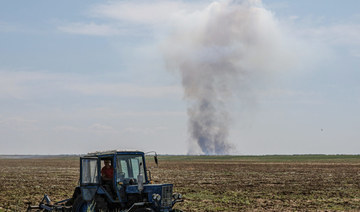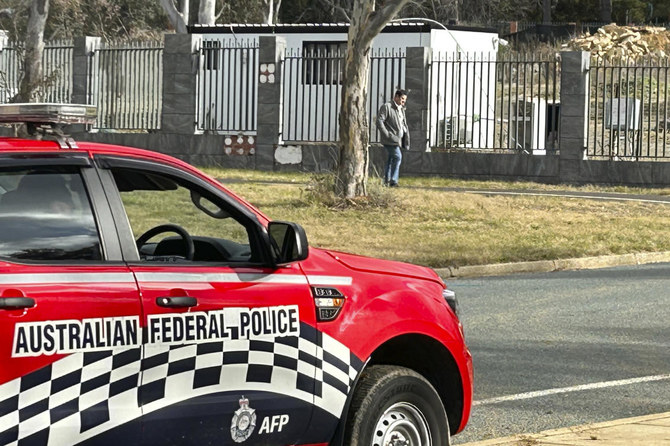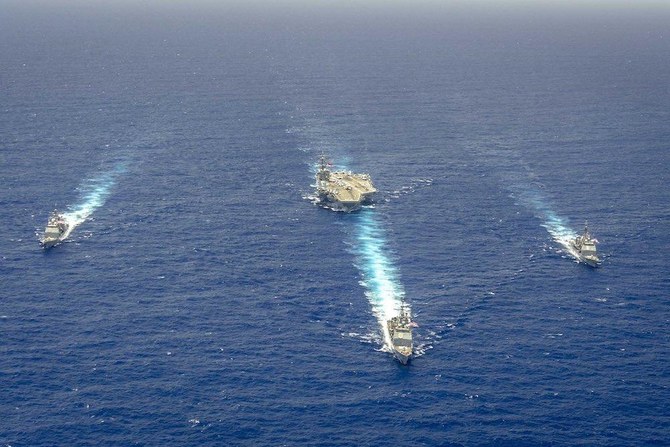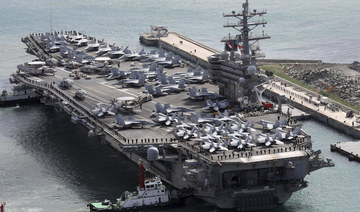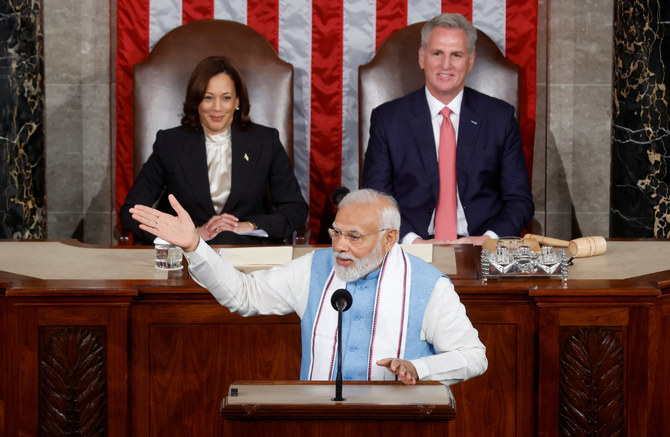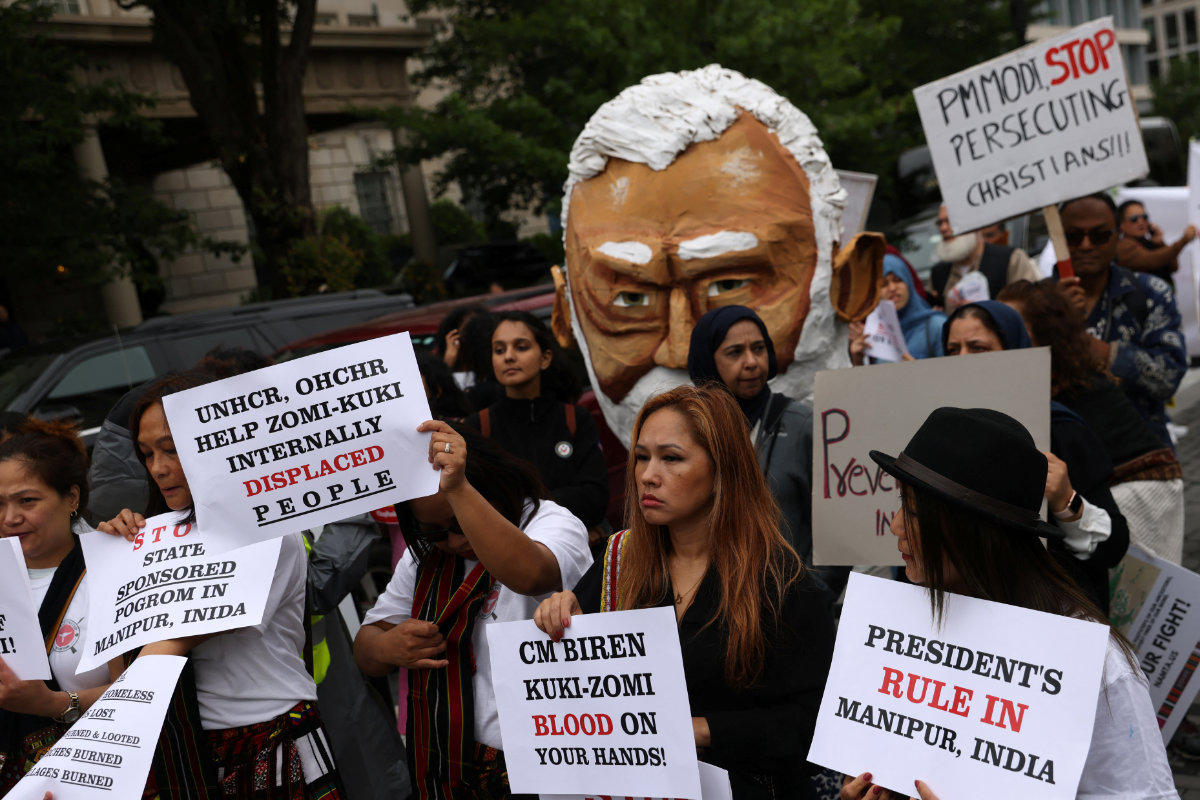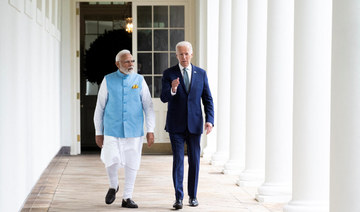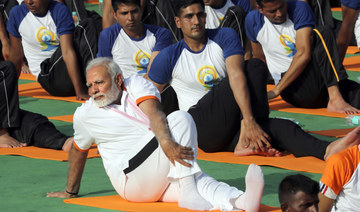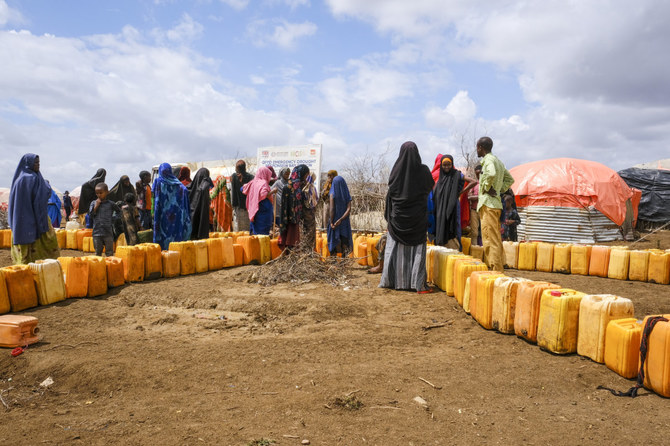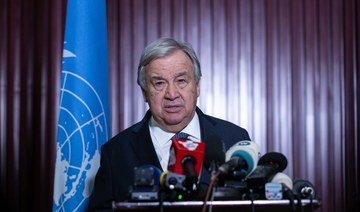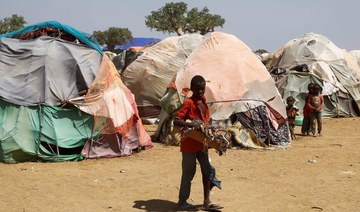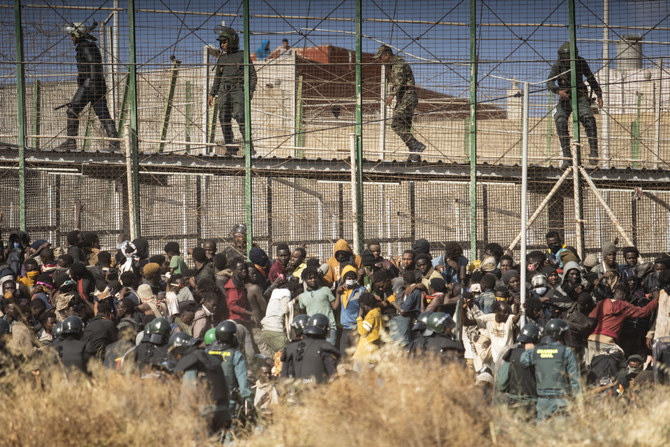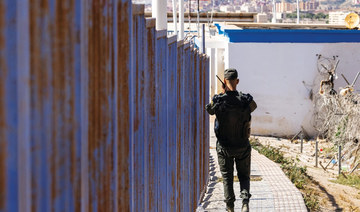LONDON: Western allies on Wednesday promised to make Russia pay for invading Ukraine as governments and private investors met to fund the country’s reconstruction from the ravages of war.
The World Bank has put an estimate of $14 billion on Ukraine’s immediate needs to repair the damage caused by the bitter fighting.
But a recent study by the World Bank, the UN, the European Union and the Ukrainian government said the wider recovery of the economy would cost $411 billion.
“Let’s be clear: Russia is causing Ukraine’s destruction,” US Secretary of State Antony Blinken told delegates at the London conference.
“And Russia will eventually bear the cost of Ukraine’s reconstruction,” he added.
UK Prime Minister Rishi Sunak voiced a similar message, promising to keep tough sanctions in place “until Russia pays up,” and to use seized assets to get Ukraine back on its feet.
In the conflict overnight, Russia said it had downed three Ukrainian drones in the Moscow region, while Ukraine said its air defense systems had shot down six Iranian-designed attack drones in the west.
Ukraine’s President Volodymyr Zelensky is overseeing a military fight-back using Western-supplied heavy weaponry to regain territory lost to Russian forces since last year.
“Every day of Russian aggression brings new ruins, thousands and thousands of destroyed houses, devastated industries, burnt lives,” he told the conference by video link.
But Zelensky set out his stall for future investment in Ukraine, saying that despite the devastation, the country was ripe for development in sectors from technology and green agriculture to clean energy.
“The world is watching to see if we will restore normal life in such a way that our transformation will land an ideological defeat on the aggressor,” he said.
“We protect Ukraine, and thus we protect freedom. And when we build Ukraine, we’ll build freedom.”
Leaders and representatives from more than 60 countries are attending the International Ukraine Recovery Conference 2023 — the second to be held since the Russian invasion in February last year.
The first, in Lugano, Switzerland, last July saw allies commit to supporting Ukraine through what is expected to be an eye-wateringly expensive and decades-long recovery.
African countries, though, have voiced concern that by pumping aid to Ukraine, the West is backing off from pledges to help the continent with development and fight climate change.
Sunak told delegates that Kyiv’s allies would support Ukraine “on the battlefield and beyond” for as long as it takes.
Zelensky underscored the need for long-term support. “Some people believe this is a Hollywood movie and expect results now,” he told the BBC in a separate interview.
“It’s not. What’s at stake is people’s lives,” he added.
Sunak has announced UK backing for Ukraine to the tune of $3 billion so it can unlock vital World Bank loans to help bolster public services, including schools and hospitals.
The guarantee will run over the next three years, he said. He also announced an extra £240 million ($306 million) in development aid funding for humanitarian projects.
European Commission president Ursula von der Leyen recapped the EU executive’s support package for Ukraine of 50 billion euros ($55 billion) over the next four years.
The European Union would soon outline how it intends to use proceeds from seized Russian assets, she added, “because the perpetrator has to be held accountable.”
Germany will provide 381 million euros in humanitarian assistance this year, Foreign Minister Annalena Baerbock said. Her French counterpart, Catherine Colonna announced 40 million euros.
The United States will provide more than $1.3 billion in additional aid, said Blinken, promising it would help Ukraine “rebuild its future.”
As well as government support from around the world, it is hoped more private-sector firms will join the reconstruction effort.
Delegates include captains of industry from major multinationals and corporations, many of whom have signed up to a new Ukraine Business Compact.
It encourages trade, investment and expertise-sharing to Ukraine on the back of promises from Zelensky to tackle barriers such as corruption and financial and legal transparency.
More than 400 companies from 38 countries, with a combined market capitalization of $4.9 trillion, have already promised to back Ukraine’s recovery and reconstruction, Sunak said.
A new London-based insurance scheme would help to underwrite risky investments in Ukraine, he said, “removing one of the biggest barriers and giving investors the confidence they need to act.”
Kyiv’s allies vow to make Russia pay for Ukraine invasion
https://arab.news/nje3r
Kyiv’s allies vow to make Russia pay for Ukraine invasion
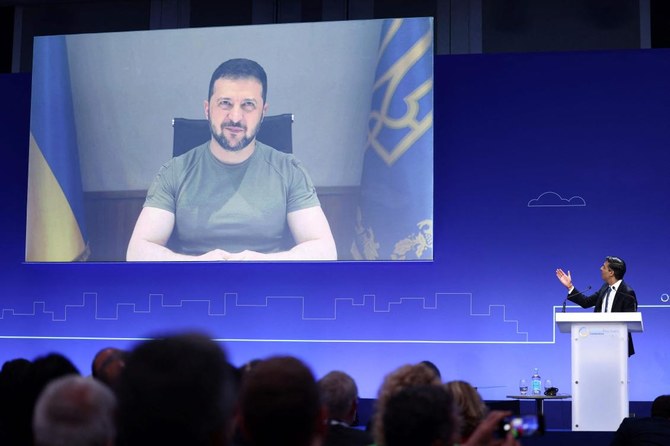
- The World Bank has put an estimate of $14 billion on Ukraine's immediate needs to repair the damage caused by the bitter fighting
- "Let's be clear: Russia is causing Ukraine's destruction," US Secretary of State Antony Blinken told delegates at the London





